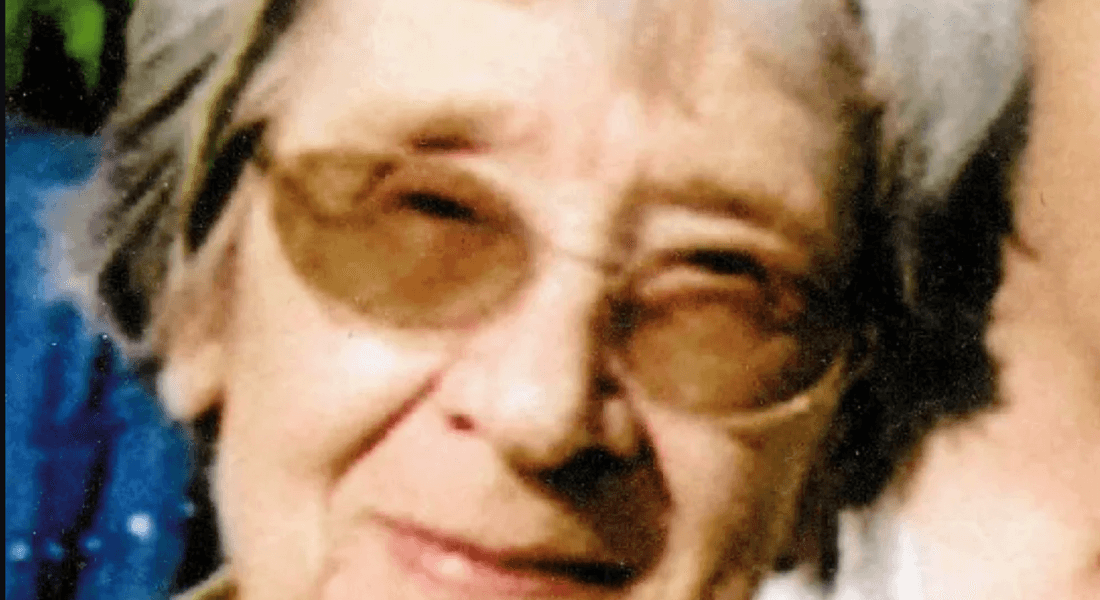Newsletter 7 November
Dear Reader,
Working within the CULTMIND Centre leads me to reflect on the connections between literature and the ‘psy' sciences. We all know world-famous writers who have woven insights from the ‘psy' sciences into their works, and scholars of the mind for whom reading and understanding literature have served as inspiration for their scientific work. But there are also examples of "psy" scientists who have had an intimate and lifelong connection with art, one literally inscribed into their biographical experience since childhood, having grown up among artists. In genealogies of well-known psychiatrists we usually trace generations of doctors or other scientists; but what about those who came from artistic families?
From my current research, I know of one such case - perhaps less well known, but highly illustrative - that of Bazilija Pregelj, the first Slovenian child psychiatrist. Growing up with literature enabled Bazilija to break new ground in several fields of psychiatry in postwar Slovenia (then part of Yugoslavia).
Bazilija Pregelj (1920–2009) grew up in an intensely artistic environment. Her older brother was a recognized painter, and her father the acclaimed writer Ivan Pregelj (1883-1930). From early childhood, her father introduced her to the world of literature and language; during walks, he taught her through playful word games.
Although she was initially drawn to art - she studied expressive dance for several years and even wrote an (unpublished) literary work - she chose medicine. Already as a high-school student she read Dostoevsky's The Idiot, which, as she later said, moved her so deeply that she could not sleep for several nights. That literary experience decisively influenced her choice to become a psychiatrist.
After completing her medical studies and specializing in neuropsychiatry, she joined the Ljubljana psychiatric hospital in Polje in the postwar period. A key turning point in her career came through contact with Paul V. Lemkau, expert from the WHO, who enabled her to continue her training in London. Interestingly, literature again played a role here, since Lemkau was captivated by Bazilija's knowledge of English and world literature.
Upon returning, she helped to establish a direction in psychiatry that emphasized the importance of psychological, social, and emotional factors. She participated in founding the first psychiatric outpatient clinic in Slovenia. In her writings she consistently defended the view that early experiences are key factors in personality development.
She revisited these reflections later in her second, this time published literary work, My Father (1983). There she wrote:
‘And I still marvel at something very personal: how elements of character and family atmosphere weave and intertwine from generation to generation. Would I, without my father and mother - as they were, with their destinies and their lives - have become what I am, a child psychiatrist?...'
By Ana Cergol Paradiž
 Foto: Bazilija Pregelj
Foto: Bazilija Pregelj
Subscribe to our newsletter
Enter your email to subscribe to CULTMIND Kaleidoscope.
